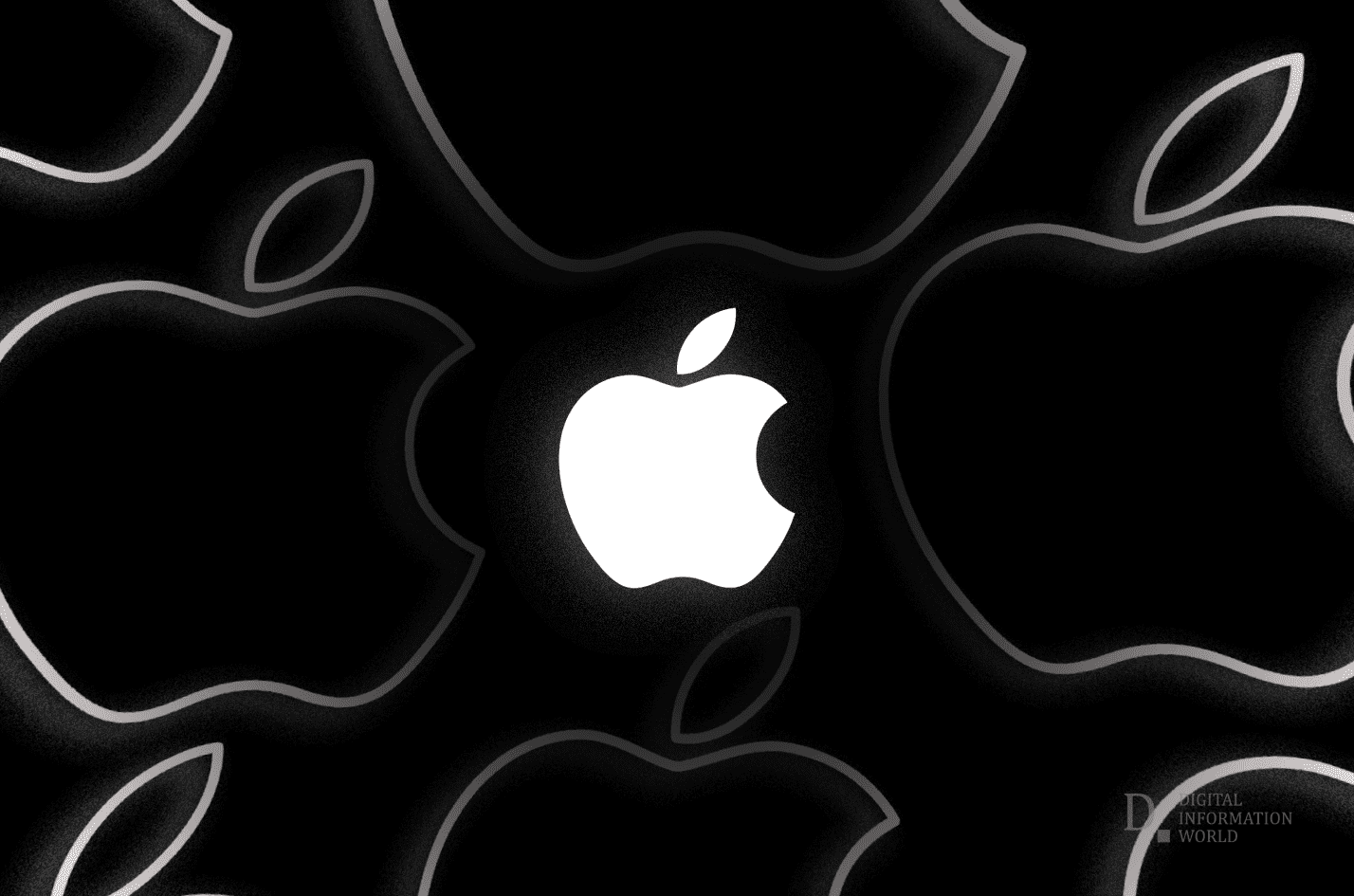And while 33 different firms were seen to be included, it was quite obvious that Apple was missing without any reasoning being given.
Common tech giants that were seen on the list included Twitter, Microsoft, Meta, and Google among others. They have agreed to the policies delineated as a part of the EU’s new rules.
This new agreement has come into effect with immediate enforcement thanks to the Digital Services Act. These regulations are a part of the updated EU document that was titled Code of Practice on Disinformation which originally arose in the year 2018.
By agreeing to the new guidelines, the companies saying yes are in turn claiming they will be doing everything in their means to halt the spread of disinformation online through their mighty platforms. Moreover, this new agreement is said to be related to different lessons being learned from the past like the ongoing war in Ukraine as well as the pandemic that just passed us recently.
To be specific, the practices highlighted are nothing less than complicated and it’s going to be a struggle to help stick to them. There are nearly 44 commitments and a staggering 128 different measures being suggested by the European Commission to help fight against this spread of false information online.
Some designated areas of interest include the likes of giving more importance to fact-checkers, stressing demonetizing strategies, and making the world of politically themed advertising more transparent.
Now everything seems to be done for a good cause but with that comes a major question, why has Apple yet to agree to the rules? Does it not approve of the agreement or will it raise questions about some of its clauses?
The most interesting aspect of this particular scenario has to do with Apple being the world’s most outspoken firm on protecting users’ rights, especially when it came down to privacy.
We are very familiar with the firm’s ATT or App Tracking Transparency measures that are still causing a stir in the digital world. But we’re not giving up on Apple just yet. We could soon see it joining the likes of TikTok, Adobe, or even Clubhouse and battle against the growing issue that’s surfacing on the web.
Nevertheless, when it plans on doing just that is still a mystery that only the company can solve. But we do hope it makes up its mind quickly because it’s such a leading and influential market player in today’s tech world. It offers software and hardware which some feel could assist in tackling the spread of false information, highlighting its role in this battle.
The companies that have signed up so far are going to be incorporated as a Task Force. They will be required to participate in meetings and their progress will also be evaluated. Also, they’ll be each given six months to incorporate the new changes.
Read next: Phone Brand Switchers Most Often Turn to Apple, New Survey Reveals




